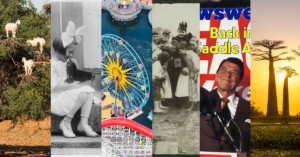
Great Reads in Photography: April 4, 2021
Every Sunday, we bring together a collection of easy-reading articles from analytical to how-to to photo-features in no particular order that did not make our regular daily coverage. Enjoy!

Every Sunday, we bring together a collection of easy-reading articles from analytical to how-to to photo-features in no particular order that did not make our regular daily coverage. Enjoy!
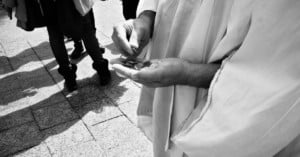
Why do photographers need to market themselves? In a phrase: so that you don't starve to death. No, but seriously. Otherwise, you risk ending up like Vincent van Gogh who (in the words of Steven Pressfield) “produced masterpiece after masterpiece and never found a buyer in his whole life.”
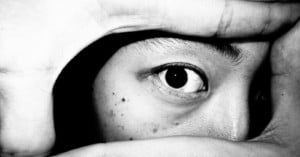
In nearly every industry, the Web has enabled a cadre of Internet-famous individuals, who on the merits of their marketing prowess have gained massive followings without necessarily acquiring the skills that has traditionally defined an “expert.”
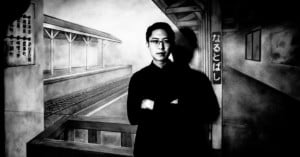
It's kind of a crazy thing: I believe you can stay true to your roots, values, and ethics, and also get rich. In this post, I'll share some of the secrets of how I earn over $200,000 a year as a "photographer."
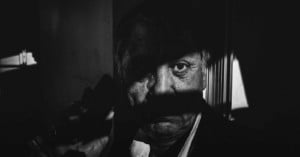
As of early 2017, my only camera is the Ricoh GR II, which has a fixed-focal 28mm lens. I wanted to share my personal experiences shooting with a 28mm lens, after shooting with a 35mm lens for almost 6 years.
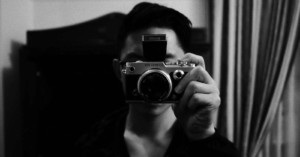
I’ve been really into Spartan culture lately. I’m impressed with their physical fortitude, their obedience and duty to the state and their frugal lifestyle, and I find myself wondering what kind of Spartan attributes we could apply to photography.
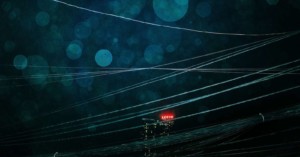
When I was 20, I was dissatisfied with my photography. I felt like I was being limited by where I lived. I thought if I wanted to become a better street photographer, I needed to live in Europe—to photograph the romantic streets of Paris, the back-alleys of Prague, and the bustling streets of London.
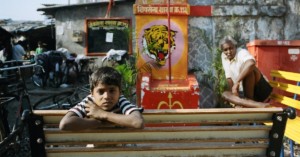
One of my passions in life is travel. I love to travel, experience new cultures, try new foods, meet new people and, of course, take photos while I’m traveling.
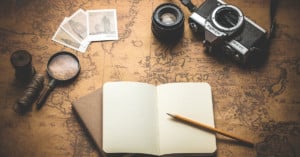
One of the most difficult things in photography is to stay motivated and inspired. I know that I've personally hit “photographer’s block” many times in my career.
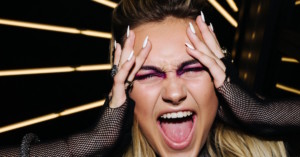
I recently had the great pleasure of shooting fashion photography for the first time with Suede Brooks (model), fellow photographer Bil Brown (he arranged it all), as well with stylists and makeup professionals, and Cindy (creative director, and lighting assistant).

If you’re like me, you might have a hard time staying inspired in your photography. Here are 7 tips that have personally helped me.
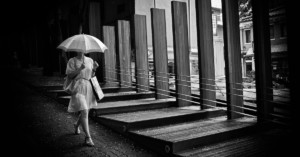
Hey streettogs, if you want to learn some practical tips and techniques when shooting on the streets, check out the video above, or read more to see all 15 tips.

I’ve pretty much shot RAW all my life. There are so many benefits of shooting RAW in terms of how much flexibility you have with the files, as well as the raw data in the files. However, as time goes on, I’m starting to lean more towards shooting JPEG and realize the benefits of doing so.
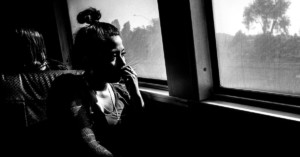
One of the most toxic feelings that a photographer (or human being) is to feel envy. Apparently envy is a trait that is deeply embedded in us, even as babies. But why is it that we feel envy, what are we envious about, and what can we do about it?
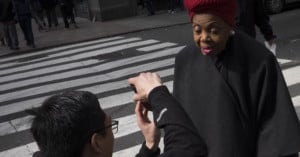
I teach a lot of street photography workshops for a living. I’m always wondering, “How can I best empower my students, help them build their confidence, and ultimately make better images?” Honestly, the most important way for a photographer to make better images is to build their social skills.
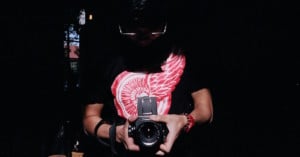
I just finished reading Karl Marx’s “Capital” and “The Communist Manifesto”—and I was so amazed to see how modern a lot of his ideas are.
I think one of the biggest things I took away from his book is the idea that we are being estranged from our labor—that we no longer have the control of the “means of production”, and what that means is that we no longer have the ability to have control over what we produce.
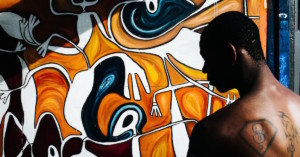
To me, creativity is all about cross-pollination of ideas in novel ways.
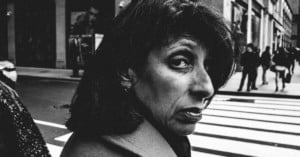
Many of us started photography quite innocently— with small compact point-and-shoots, a smartphone, or a disposable film camera. The main advantage was that we didn’t need to think about all the technical settings when we made images—rather, we focused on capturing the “decisive moment”, the framing and composition as well as the emotional content within the frame.
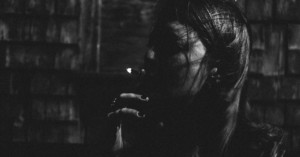
Often we feel like we need reasons why we take photos. We need a purpose; a sense of direction. But my tip for today is this: photograph for photography’s sake.
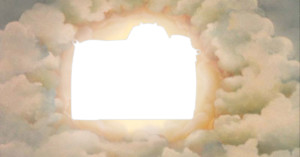
I have these utopic dreams of a “perfect” camera. I want a camera that makes photos that are ultra-sharp, yet soft, affordable, yet fits in my front pocket, yet has tons of megapixels, yet can zoom to see anything but wide enough to shoot interiors.
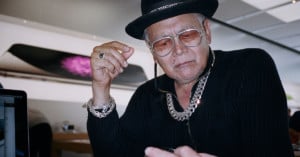
One interesting distinction I find in speaking “American English” and with “European English” is how we differentiate between “taking” and “making” photos.
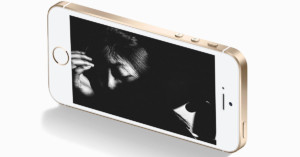
One of the big things that inspires me in photography, life, and technology is the ability to “democratize”, to add “access”, and to make things affordable to the masses.

This week, Flickr announced that they are taking away one of the key “free” functions: the ability to auto upload photos from your computer directly to Flickr. Now you need to sign up for a “pro” account for access to the same function.
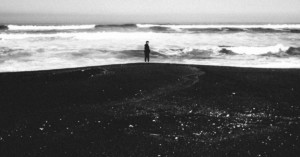
You never know when a good photo opportunity will present itself to you. Always be prepared.
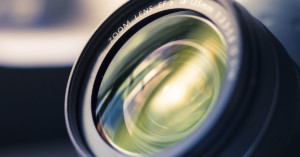
I am addicted to G.A.S. (Gear Acquisition Syndrome). I always want to buy new stuff -- the newest iPad (Epic), cars (Mustang), phone (iPhone 6s or Nexus 6P), clothes (hipster $200+ raw denim), coffee makers ($500+), and tons of other stuff in my Amazon gift list. Here are some practical tips that have helped me (partially) combat G.A.S.
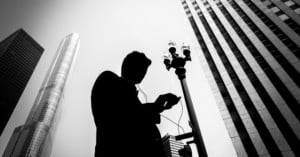
If you want to get a deeper insight into street photography and take better photos, I feel it is very important to study the work of the street photographers who came before us and paved the way for the rest of us. Not only that, but reading the quotes and words by these influential street photographers is a great way to train your mind to take better photos as well.
Here are some of my favorite street photography quotes that are concise, inspirational, and have influenced me in one way or another.
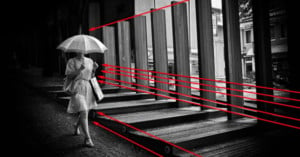
Early on in my street photography career, I went on YouTube and searched for some inspiration on other street photographers. I came across the work and approach of Bruce Gilden, who absolutely blew me away. He would photograph people at very close proximities (about an arm's-length away), while shooting with a flash on a 28mm lens.
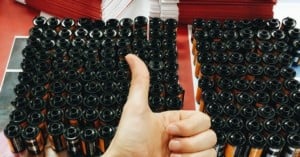
I recently stopped into the Costco in Mountain View, California with 164 rolls of Kodak Portra 400. You should’ve seen the look of the staff -- it was a look of confusion, awe, and amazement.
They were surprised that all that film I brought in was all shot by me. They were also partly worried that they would have to process all of it. I reassured them by telling them to take their time. I wasn’t in a rush. After all, I had been sitting on my film and letting them “marinate” for nearly a full year.
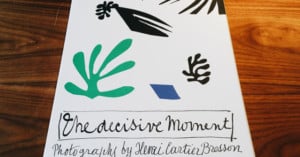
Wow... Where do I even begin? I would say that “The Decisive Moment” by Henri Cartier-Bresson is one of the most beautiful photo books I have ever handled, and it is a book that brings me extreme joy and happiness (you can see all the photos from the book for free over at Magnum Photos).